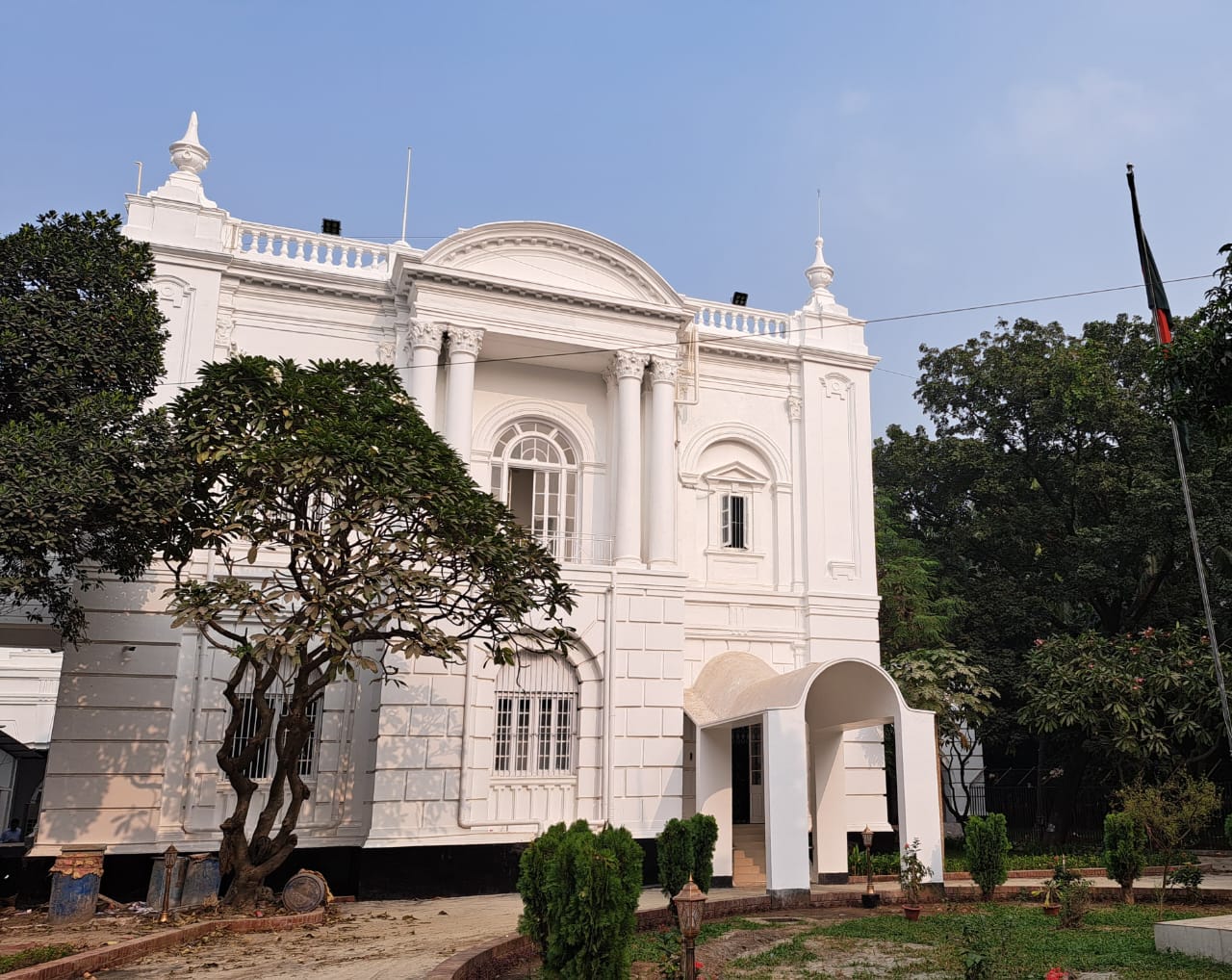Deposed prime minister Sheikh Hasina has been formally charged with crimes against humanity for her alleged role in the brutal suppression of last year’s mass uprising, which ultimately ended her 15-year rule.
On Sunday, a three-member panel of the International Crimes Tribunal, headed by Justice Golam Mortuza Mozumder, accepted the charges against Hasina and two of her senior aides and scheduled the case for trial.
The court set June 16 as the date for the next hearing.
This marks the first formal judicial proceeding against Hasina for crimes against humanity since her ouster in August 2024. Two of her top aides — former home minister Asaduzzaman Khan Kamal and former inspector general of police Chowdhury Abdullah Al Mamun — accused in the case were indicted on similar charges.
The tribunal proceedings were broadcast live on state-run Bangladesh Television, marking the first time in the country’s history that court proceedings have been aired live.
Arrest warrants were issued for Hasina and Kamal, both of whom are currently fugitives. Mamun, who was arrested shortly after the collapse of Hasina’s government, was shown as detained in connection with the case.
The tribunal also asked the authorities concerned to present Hasina and Kamal, beside Mamun before the tribunal on next hearing.
Presenting the charges, Chief Prosecutor Tajul Islam told the court that Hasina had incited and facilitated crimes against humanity through provocative statements and by mobilising state institutions, including top administrative officials and the security apparatus, to suppress dissent.
The charges against the three include abetment, complicity, facilitation, conspiracy, and failure to prevent mass killings during the student-led uprising that erupted in mid-2024.
“They unleashed the full might of law enforcement agencies and armed ruling party loyalists to crush the protests,” said Islam, describing the crackdown as a “systematic attack” aimed at eliminating dissent.
According to a fact-finding report by the United Nations, approximately 1,400 people were killed during the unrest, which began in July 2024 in response to a controversial quota system for public sector jobs.
The protest soon snowballed into a nationwide uprising, culminating in Hasina’s dramatic flight from the country on August 5 aboard a military helicopter.
Hasina, now 77, has since been living in exile in India.
“We are initiating this trial to ensure accountability for crimes committed during one of the darkest chapters in our recent history,” the chief prosecutor told the tribunal.
He said that the victims were mostly unarmed civilians, students, young men and women, and even children who took to the streets in a peaceful movement against injustice and inequality.
Prosecutors submitted over 2,000 pages of evidence, including eyewitness accounts, video footage, and audio recordings of the accused.
The material was presented before the International Crimes Tribunal, a special court originally established in 2010 by Hasina’s own government to try collaborators of the Pakistani army during the 1971 Liberation War.
That tribunal prosecuted and sentenced many leaders of Bangladesh Jamaat-e-Islami, a party that had opposed Bangladesh’s independence, with several high-profile executions taking place during Hasina’s tenure.
In a stark reversal of history, Hasina now finds herself facing trial in the very court she once championed.
In addition to the July uprising case, Hasina is also facing two other cases before the tribunal — one relating to alleged enforced disappearances and extrajudicial killings during her time in office, and another concerning the deaths of Islamist protesters at a 2013 Hefazat-e-Islam rally in central Dhaka.
On May 12, the tribunal’s investigation agency submitted its report on the July uprising case, accusing Hasina of directly ordering coordinated operations involving state and ruling party forces to carry out mass violence.
These operations, according to the prosecution, included killings, torture, the burning of bodies, and the deliberate denial of medical care to the wounded.


